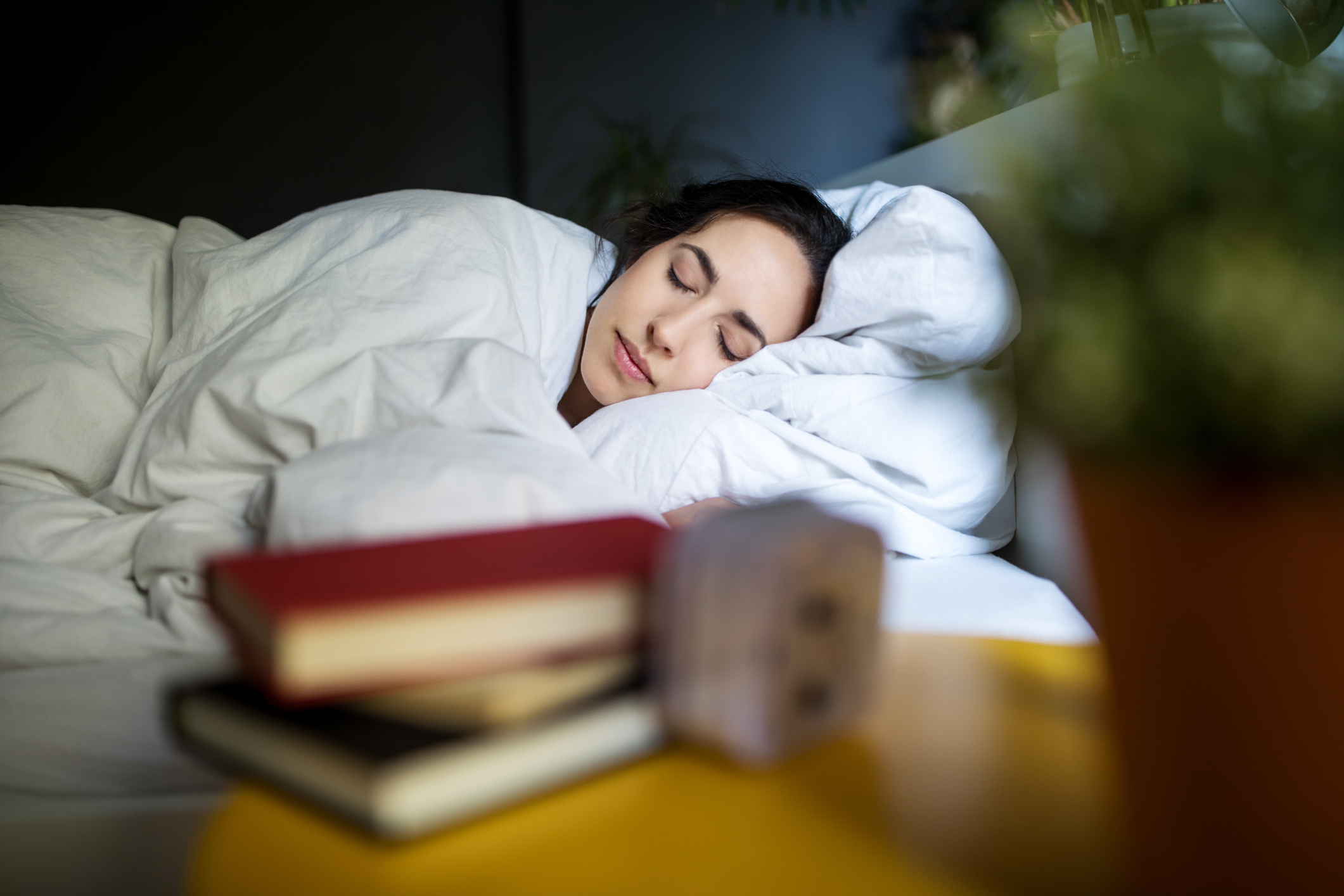The coronavirus has killed dozens of Americans and sickened many others. At the same time, it has caused most people to drastically alter their daily schedules as schools have closed and working from home has become of the order of the day. This kind of upheaval also can wreak havoc on people’s sleep. Getting good sleep is one of the few proven strategies to boost immune systems. Here are some simple strategies to support your sleep, your well-being, and your immune system during these challenging times.
Set a schedule for yourself and your family, with consistent bedtimes and wake-up times and try to maintain some consistency in your routine throughout the day. Unpredictable or erratic routines can disrupt sleep-wake rhythms and increase anxiety. By setting a schedule for yourself and your family, you send a signal that even during seemingly uncontrollable times, you have some control over how you lead your life. Setting a schedule can also mean setting limits on the amount of time you spend consuming news or social media, which for many can further increase anxiety and disrupt sleep.
As part of your daily routine, make sure you engage in some form of physical activity, as exercise can also support healthy sleep and is critical for mental and physical well-being. Going for a walk or a run outside, provided that you can keep your distance from others, is a great way to get Vitamin D exposure (also an immune system booster) and to reduce stress and anxiety. If going outside is not an option for you, there are loads of free apps online for everything from yoga to interval training to keep you physically active.
Stay socially connected, but virtually. Research has shown that lonely people have more sleep problems and sleep problems can make you feel lonely and even more socially isolated. Therefore, to support your personal health as well as public health, it is important that people find creative ways to connect, like hosting a virtual coffee hour or happy hour with friends (just make sure the caffeine and alcohol intake is kept in moderation to avoid negative consequences for sleep). And remember to reach out to the older adults in your life as they are particularly vulnerable to loneliness and coronavirus complications.
Do a good deed for someone else. Write a letter, send an email or facetime someone to let them know you are thinking of them, or buy a gift certificate from a local restaurant or store that may be struggling financially to survive in the midst of closures. Such selfless acts are good for the mental health of the giver as well as the recipient, and can help support healthy sleep.
When in doubt, remember — this too shall pass. A key technique I use with my clients is to try to focus on the present. This can help people endure hardship by focusing on coping in this moment or in this day. Looking into an unknown future and trying to predict when a crisis will pass can be overwhelming.
Public health is a shared goal best attained when everyone does his or her part. Currently that means social distancing, redundant hand washing and other steps to control the coronavirus’ spread. Taking steps to promote healthy sleep could be one more way to contribute to the early demise of this deadly disease.


